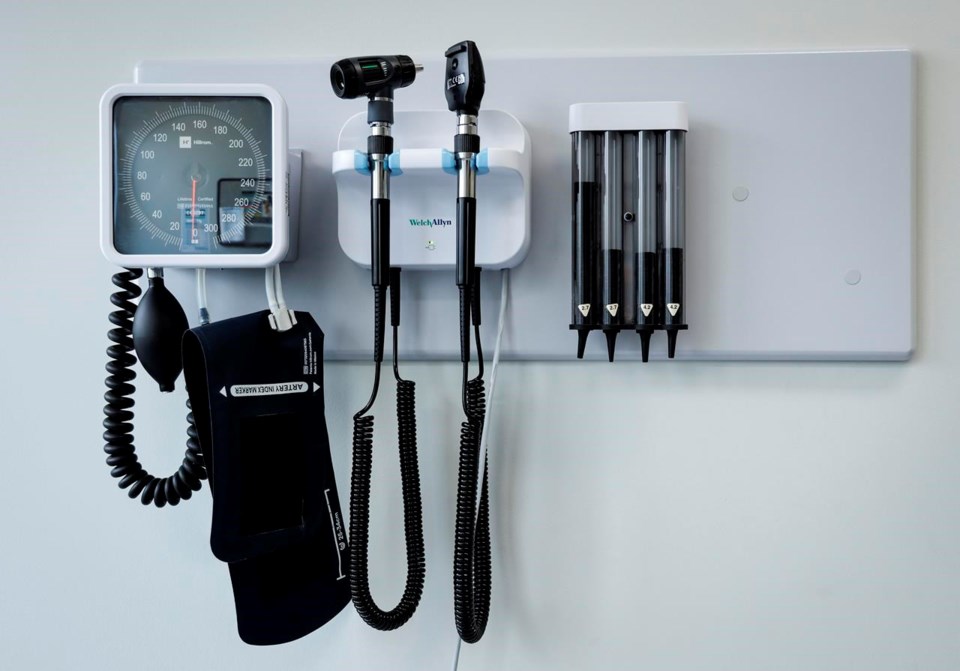CALGARY — The new president of the Alberta Medical Association says doctors are apprehensive about expected changes to the province's health-care delivery system as they deal with ongoing pressures in clinics and hospitals.
Dr. Paul Parks, also an emergency room doctor, has been touring the province to hear from other physicians about their concerns.
"Our system is having some serious difficulties," Parks told reporters Thursday during an online news conference.
Two of the main issues, he said, are the ongoing crisis in family medicine and the strain on hospitals due to service levels and staffing challenges.
"Everybody is concerned about equitable sharing of scarce resources for patient care," he said, noting there's a global competition for health-care workers and the province will need to address both those pressures and its fee structure if it wants to attract workers.
Alberta Health Minister Adriana LaGrange said in a statement earlier this week that the province has had some success in recruiting and retaining physicians.
"We are committed to strengthening Alberta’s health-care system, which is why we committed to a record-breaking $2 billion towards primary health care," she said.
LaGrange said that includes working toward a new payment model for family physicians, reducing the administrative burden for primary care providers and their teams, and providing an initial investment of $57 million over three years to help family physicians and nurse practitioners.
The medical association has also heard concerns from doctors about the Alberta government's promise to revamp the structure of Alberta Health Services, which delivers health care in the province.
"Nobody has a clue what that means at this point and everybody is trepidatious at a minimum," said Parks.
Premier Danielle Smith has directed LaGrange to make changes to Alberta Health Services, better known as AHS, saying it needs to be more responsive to regional needs and focus more on direct hospital care.
Alberta finished centralizing its health system 15 years ago to create AHS, but Smith has made its reform the centrepiece of her leadership.
Last year, she fired the governing board of AHS and replaced it with a single administrator. She blamed the agency for failing to step up during the COVID-19 pandemic as hospitals came close to being overrun with patients.
Parks said there's a consensus among doctors that AHS has its strengths and some weaknesses, but he said it's important for physicians to be involved in whatever changes are made.
"We should be able to help inform it," he said. "Even small changes in the AHS structure could have massive ramifications to how patients are cared for throughout the whole system, so we'd really like eyes on it and input.
"The system is extremely fragile right now."
Any changes, he said, need to be patient-oriented and work to improve their outcomes.
This report by The Canadian Press was first published Nov. 2, 2023.
Colette Derworiz, The Canadian Press



